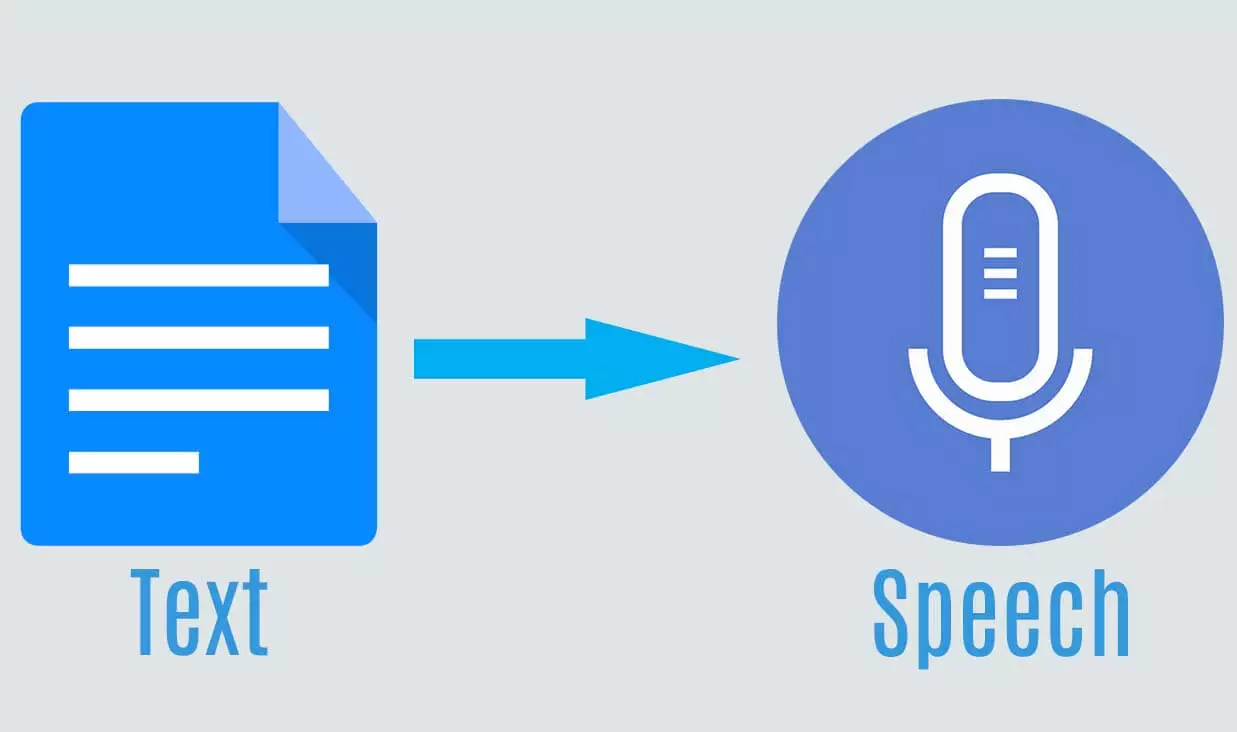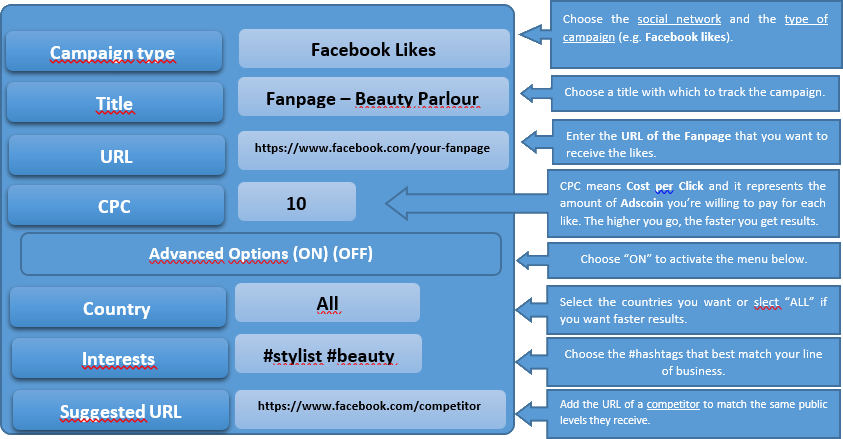Would you sugar-coat your words?
When conversing with one another we try to project truth but how often is the bitter truth disguised as what they say, “sugar coated pills?” In a direct conversation, the energies are fully conscious, regenerative and articulate, but there is a set of laws that contributes to the archetypal structure of talks.
These set of laws are about being polite, being discreet, politically correct (in some circumstances) and being diplomatic in one’s speech. For example, if I need to say something unpleasant to someone I would use the “indirect speech” such as “I think we must ‘reconsider’ our relationship, it is hurting both of us.” Rather than “I have stopped loving you, and I want you out from my life.” When I imagine myself at the receiving end of both the ways, I know which one I would prefer!

Steven Pinker, a Harvard Psychologist writes in his article “Words Don’t Mean What They Mean” that people don’t talk, but they lay lines on each other and often speak in disguised manner so as to be safe in projecting themselves, and also be understood in the right manner.
Not all conversations can be direct and have the desired effect. Can I go up to a man whom I found very good-looking and say “ I find you very attractive. Would you like to take me to bed?” Even if deep down in my heart I feel like doing just that, I would first strike a conversation, by talking about the weather and then if by reading his body language I find positive cues, I would complement him on his tie or the colour of his shirt. To go further down (no pun) I would first wait for things to move forward in the desired way.
As Steven Pinker says, “Whenever you speak to someone, you are presuming the two of you have a certain degree of familiarity- which your words might alter. So every sentence has to do two things at once: convey message and continue to negotiate that relationship.”
There is also a certain power and astuteness in using the “indirect speech”. I look at the process of speech as sort of a classical music rehearsal, where one wrong note would require me as a conductor to stop and address the problem. Now think the same wrong note as occurring during a public performance. Anyone hearing it would wince, or even walk out, because in classical recital a wrong note is considered a violation. In the same way if I say whatever comes to my mind and it strikes a wrong note with the listener, then the outcome might be unpleasant.
Although we do not like vagueness in people’s speech, we are also not ready to hear truth. There is truth in what one calls “Linguistic Dance” where people often resort to innuendos when talking about sex. So, an invitation to coffee is actually an invitation to sex as shown in an episode of Sienfeld, the popular soap on American television. In the movie “Tootsie” Dustin Hoffman tries a direct line of speech on an actress by telling her that he would like to make love to her and she throws a glass of wine in his face and storms away.
I believe that indirect Speech has the power to convey the message in a way that does not hurt the feelings or sensibilities of others, and also drives a point.
If you don’t agree with this notion, then would you like to try a line on a girl you fancied at a bar and tell her that you would love to make love to her? Or for that matter offer a bribe directly to a policeman who has just stuck a parking ticket to your windscreen?
Another example of indirect speech is the way a poet in his works uses the method of indirect speech. This method adds to the abstract imagery of the poem. The indirect speech is also disguised as the power of the unsaid in romantic allusions.
Say for example a sonnet by Gwendolyn B. Bennett the African American writer, where she uses the method indirect speech in conveying to her beloved the true feelings of her heart. She speaks about the unsaid that is conveyed through the sudden tears in the beloved’s eyes.
“But dearer far than all surmise Are sudden teardrops in your eyes.”
These last lines truly evoke a transcendental feeling in the mind of a reader and it creates the desired effect of the beauty of all that is ‘unsaid in words’.
Don’t be vague about your finances
As someone who’s made his share of financial mistakes over the years and had close family and friends who I’ve watched slide into financial catastrophe, I can attest that financial trouble is often accompanied by feelings of guilt, self-doubt and helplessness.
For those in the worst kind of financial trouble, bankruptcy, the pressure and financial distress can be devastating, says Tim Tarvin, an associate professor of law at the University of Arkansas School of Law.
So why is financial trouble such an emotional issue for people? Much of it has to do with how we think about and treat those who are struggling, Tarvin says.
“There is a good bit of shunning and shaming within our society, and it’s not merely by creditors. It’s by family members, it’s by church members, maybe pastors and others,” Tarvin says. “And there’s just a general feeling of condescension towards those who file bankruptcy, as though they purposely caused their own financial misfortune.”
That stigma comes even though factors people have little control over often figure into their financial troubles.
“Of all bankruptcies by families with children, nearly 90 percent are caused by three things: job loss, medical expenses and divorce,” he says. “You’re looking at folks that, when they come in (to bankruptcy), are already generally people who have been through some sort of trauma.”

Smart people make money mistakes, too
Some people would argue a little bit of shaming will give people an incentive to mend their ways. But the danger I see is that people who’ve made mistakes in the past will end up concluding that past money mistakes means they are don’t have what it takes to successfully manage their money.
That’s why it’s important to remember that being bad with money or investing or any financial skills doesn’t make you dumb, any more than being bad at car repair or cooking makes you dumb.
In fact, in a 2018 study by simplepayday.co.uk, among people who reached out to them for help in financial literacy or credit counselling because of money problems, more than 20 percent had a bachelor’s degree or graduate degree.
Like anything else, money management is a skill that can be learned, and although it takes some discipline to apply that skill consistently, it’s possible to develop that as well. In the first place, a lot of financial mistakes result from simple ignorance of the way financial products work.
“Just as there’s functional illiteracy in terms of the English language in this country, there are certainly pockets of math illiteracy, of financial illiteracy,” Tarvin says.
Even those who have good theoretical knowledge of finance can make practical mistakes in how to apply it to their own lives, Tarvin says.
“Accountants, financial managers, people who are very savvy about money, also can find themselves in bankruptcy,” Tarvin says.
So, for those trying to dig themselves out of past financial errors or looking to make a fresh start, don’t let past troubles lead you to believe you don’t have what it takes to do better next time. Just learn from your mistakes, ignore the haters and seek the knowledge you need to get where you want to go.
What do you think? Have you ever felt stupid because of financial mistakes? Have you known smart people who made financial mistakes?













